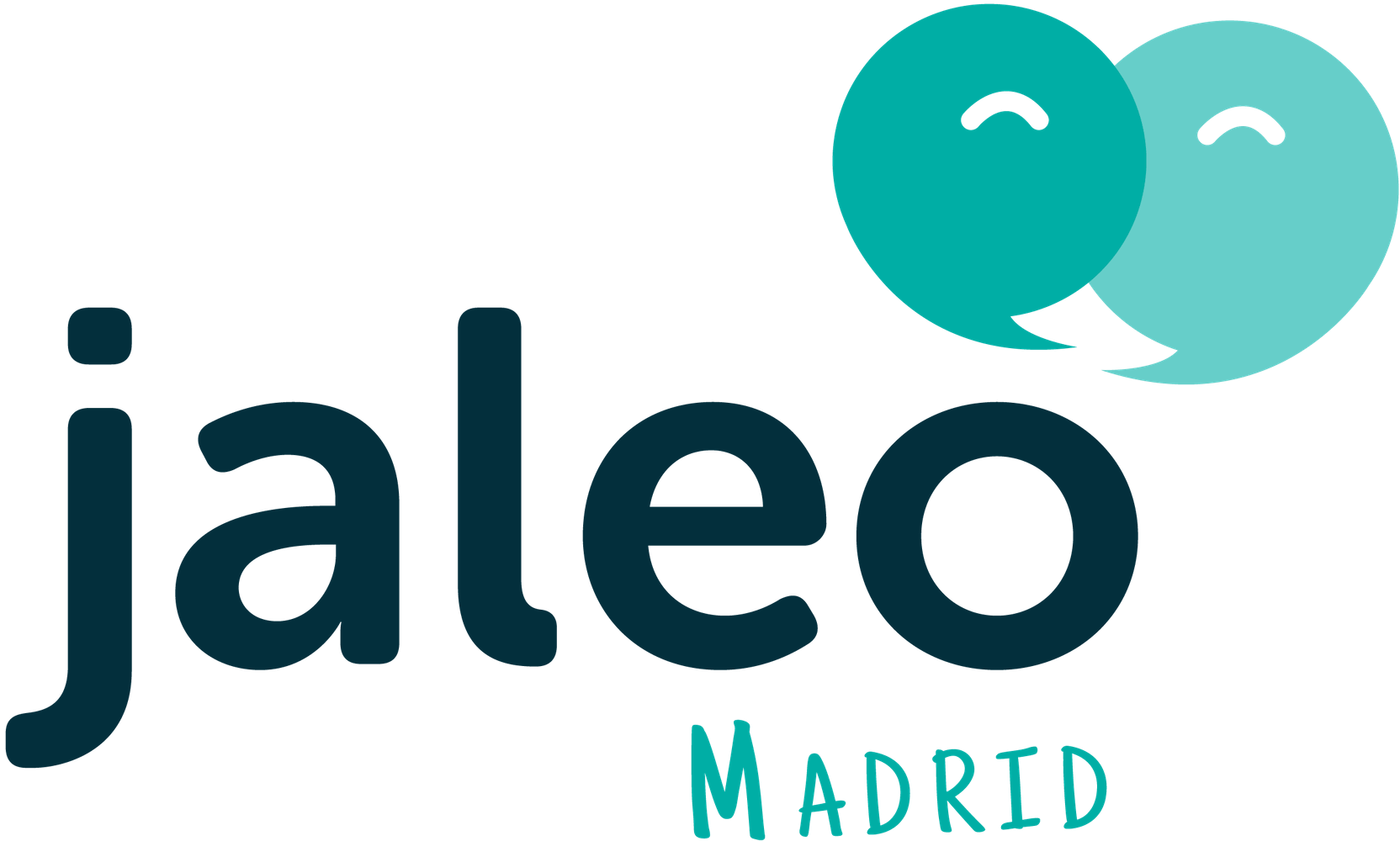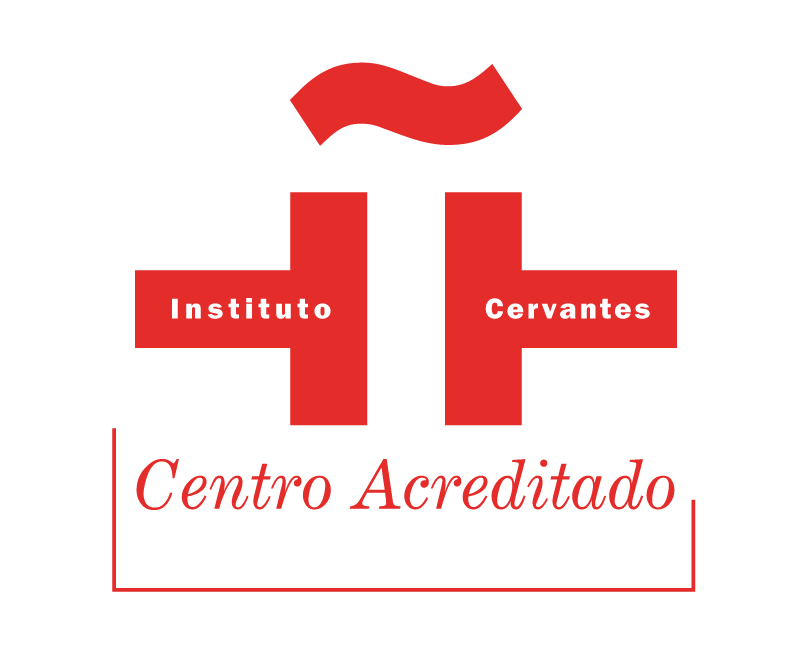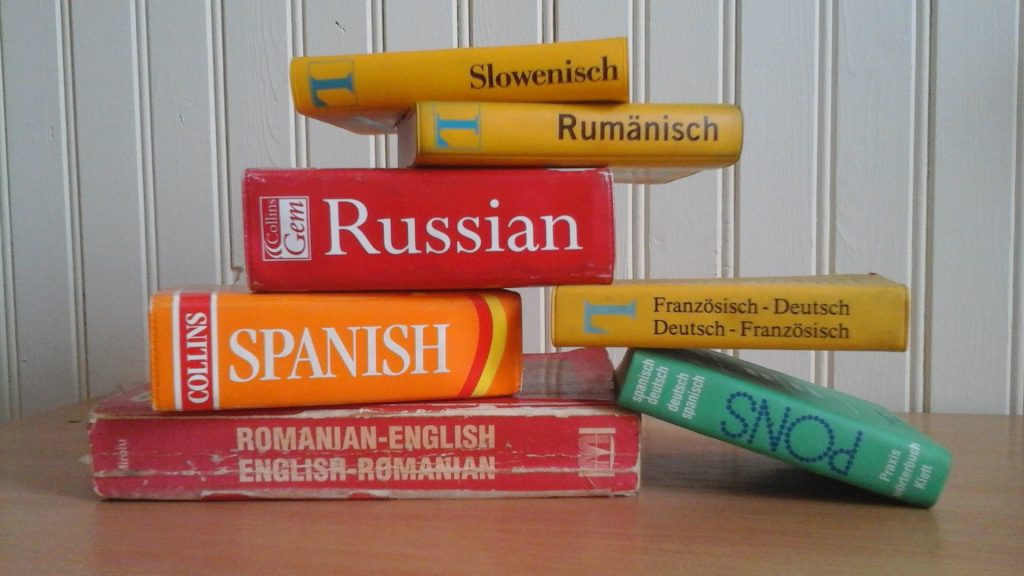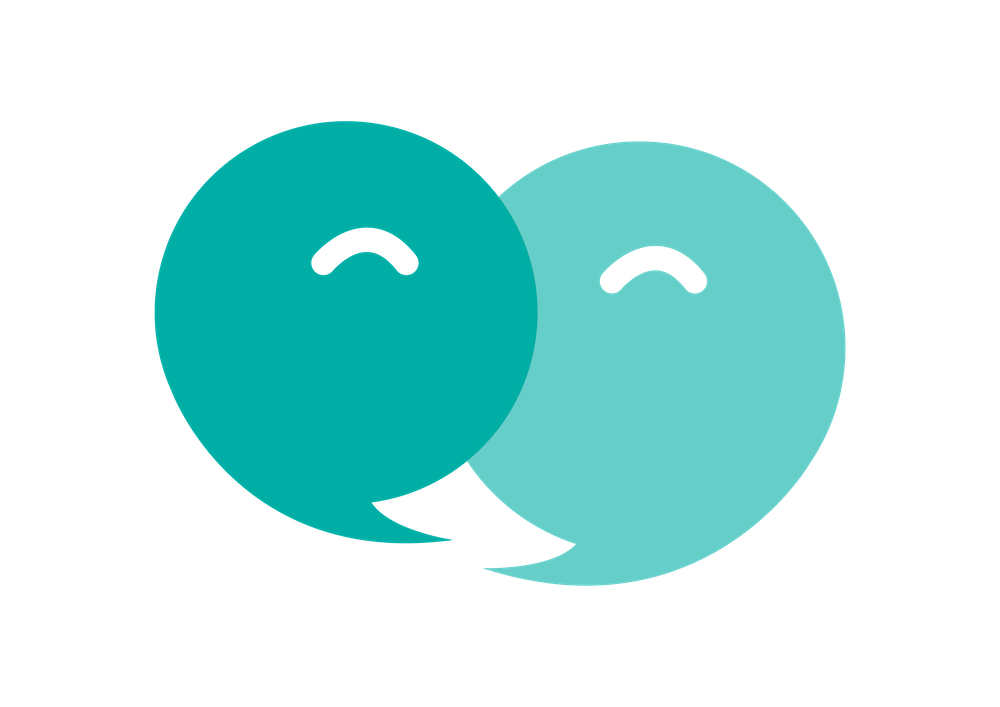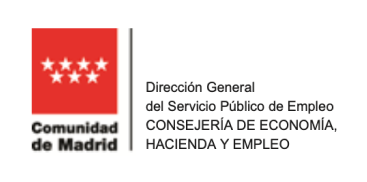Introduction: The Journey to Fluency in Spanish
Learning a new language is a significant and often challenging endeavor, and Spanish, despite its global prevalence, is no exception. Many people start their journey with high hopes, only to find that achieving fluency takes more effort than anticipated. My own experience with Spanish highlights this reality vividly. After studying the language for three years in high school, I found myself far from fluent when I moved to Madrid. This led me to reflect on just how long it really takes to learn Spanish and the factors influencing this process.
How long does it take to learn Spanish? I studied for three years in high school and was far from fluent, or even competent as a speaker. This was of little consequence in my life until I decided to move to Madrid. It wasn’t until I landed at Barajas that I had really contemplated how long it would actually take to learn the language. I imagined that after a few months of studying and living in Spain that I would wake up one morning sounding like Antonio Banderas. It turns out, it doesn’t really work like that for most people and the answer isn’t very clear as to how long it takes.
The Attainability of Spanish
Spanish is one of the most widely spoken languages in the world, and for English speakers, it presents a more achievable goal compared to some other languages. While it is not without its challenges—such as verb conjugations, pronunciation, and the rapid pace of native speakers—Spanish has features that can facilitate learning. These include similar vocabulary derived from Latin, a familiar alphabet with minimal variations, and a cultural presence through food, movies, TV shows, and music.
Individual Factors and Strategies for Success
Being a native English speaker can actually be a bit of a disadvantage. English is so widely spoken that culturally, English speaking countries don’t prioritize learning other languages as much as their counterparts. Mandarin Chinese, the most commonly spoken native language in the world, happens to be one of the most difficult languages to learn so that isn’t a very popular choice.
Spanish on the other hand, is a bit more of an attainable goal for anglophones and also one of the most widely spoken languages in the world. It isn’t the easiest language to learn as many complain about the verb conjugations, pronunciation, and the speed it is spoken by native speakers. Fortunately, there are some similarities that can make it easier.
Practical Tips for Accelerating Learning
Above all, it really comes down to the individual and their background. For example, someone who was exposed to native speakers at an early age is much more likely to pick it up quickly later in life. It can be a lot more difficult if you are starting from scratch hear a language for the first time. Fortunately, there are a couple of things you can do to improve quickly no matter who you are.
- First, start out slow with some basic vocab and phrasebooks. This is where apps like Duolingo, I believe, are most useful.
- Next, you need to have a reasonable goal. This goes for complete beginners, intermediate or more experienced learners. Something like 2 months is very unreasonable if you are a complete beginner trying to become fluent and will just lead to frustration.
- Having a goal in mind will help you determine how much time you need to invest in your improvement. My personal recommendation is at least 30 mins a day of immersion.
- No matter what your goal is, you will need to surround yourself with native speakers if you want to improve quickly. If you have already relocated to a Spanish speaking country, you are on the right track.
- Finally, have language expert check and correct your mistakes. This is vital to improving your pronunciation, building confidence, and really learning how to sound like a native Spanish speaker.
Conclusion: Embracing the Learning Process
In summary, mastering Spanish is a process that requires a blend of patience, perseverance, and thoughtful planning. The time it takes to reach fluency can differ widely, but recognizing the inherent challenges and applying proven strategies can significantly ease and enrich your learning experience. By adopting these approaches and staying committed to your goals, you’ll make notable progress in your Spanish skills and reap the numerous advantages of multilingualism. To support you on this journey, consider exploring the courses offered at our Spanish language school. We’re excited to help you find the perfect fit for your schedule and learning needs, and we look forward to assisting you every step of the way.
